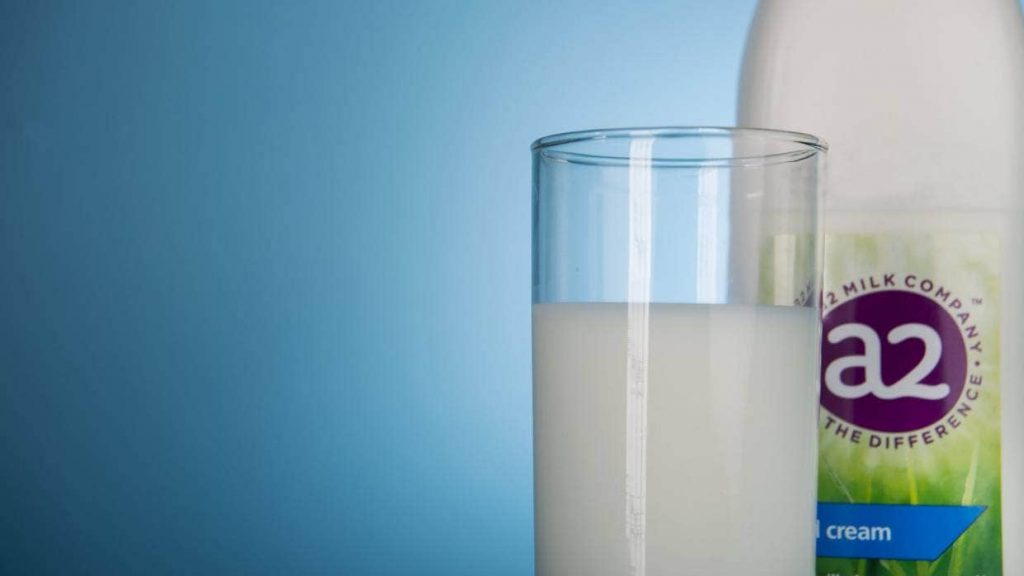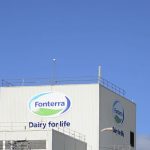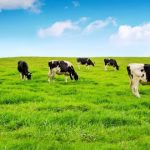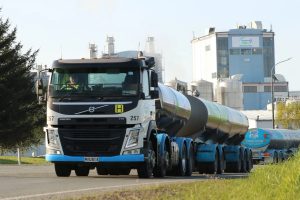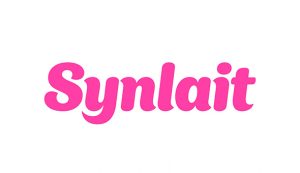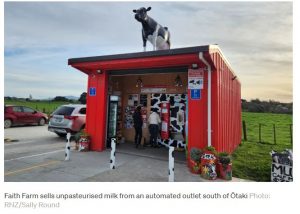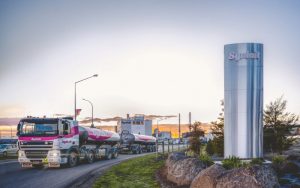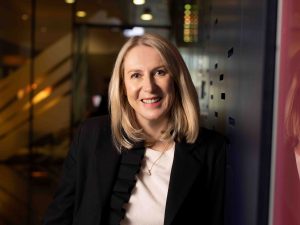
A2 expects revenue of between $1.2 billion and $1.25b in the year to the end of June, down from its $1.4b forecast in February, and $1.73b last year, it said in a statement to the NZX on Monday.
It slashed its forecast profit margin to between 11 and 12 per cent, from its February forecast of between 24 and 26 per cent.
A2 Milk has suffered a setback during Covid-19 as border closures and trade disruptions meant fewer tourists and international students shipped its products to China, known as the daigou trade. The company said its sales in April fell short of expectations and it had too much inventory in the market.
“The trading dynamics in the China infant nutrition market have been and continue to be challenging,” said managing director David Bortolussi, who only took on the role in February.
“In the interests of the long-term health of the a2 brand and the medium-term trading outlook of the business, more aggressive actions to address excess inventory will be taken.”
A2 plans to rebalance its inventory by reducing the amount sold through the daigou and reseller sales channels for the remainder of this financial year, and potentially into the first quarter of next year.
“While this is necessary to restore the overall health of these channels, it will result in significantly reduced sales” for the 2021 financial year, Bortolussi said.
A2’s infant formula has a two-year shelf life from manufacture and slower sales meant it has older stock in the market, some of which is dated July last year. To refresh its stock, a2 has undertaken to swap out older stock for newer product for its customers and distributors, and destroy the old stock.
It expects to write down about $80m to $90m of its stock, equivalent to 8 million to 9 million tins. That follows a $23m write down in the six months to December.
“It will take some time to rebalance inventory levels and restore channel health,” Bortolussi said. “An immediate recovery is not expected.”
The company is rebalancing its inventory “aggressively” to allow the business to return to growth as quickly as possible and deliver acceptable profit margins, he said.
The balance sheet will remain strong and the company expects performance to improve next year, he said. The company will provide an update on the outlook for next year when it releases its annual results in August.
The company’s shares were down 11 per cent at $6.73 in midday trading on the NZX. They earlier touched $6.05, the lowest level since late 2017.
“For investors, it’s another rough day,” said Hamilton Hindin Greene investment adviser Grant Davies. “They are going to be disappointed that the company has not managed to meet its relatively recent downgraded guidance.”
Davies said the a2 Milk brand remained strong.
“You can understand them taking a long-term approach and focusing on the brand quality but in the short term, their earnings are going to suffer,” he said.
A2 plans to increase the amount it spends on marketing in China to help lift sales to make up for the absence of the daigou marketing.
It will also increase wholesale prices across its English label infant nutrition product range to restore its premium price position and mitigate higher costs.
“Despite the current challenges being faced, the board is confident in the strength of the brand, the underlying fundamental of the business, and the company’s long-term growth potential,” Bortolussi said.
However he did note that the infant formula market was being impacted by lower birth rates in China and that competition was increasing. The company recognises it needs to change its approach and has begun a comprehensive review of its growth strategy, he said.
A2 also announced the resignation of its Asia Pacific chief executive Peter Nathan.
The board is considering a share buy-back and will provide an update on its plans at its full-year results in August.
